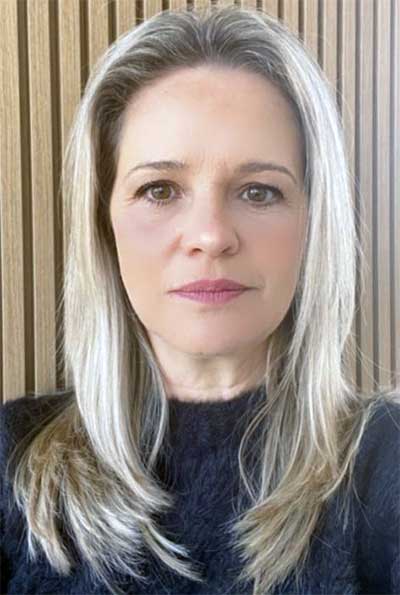Gabriela Felippi Parisotto
In 1972, the United Nations (UN) established June 5 as World Environment Day. Under the leadership of UNEP (United Nations Environment Program), the world’s leading voice for environmental issues, annually more than 150 countries participate in discussions on environmental problems and the preservation of natural resources. Non-governmental organizations, large corporations, communities and governments adopt World Environment Day to champion environmental causes.
The Republic of Côte d’Ivoire (Côte d’Ivoire) in partnership with the Netherlands will host, in 2023, World Environment Day, marking the 50th anniversary with the theme: “Solutions to Plastic Pollution”. Among other fronts, it aims to mobilize for transformative actions with regard to plastic waste. The campaign for World Environment Day 2023 will use the hashtag and slogan #CombatPlasticPollution, #BeatPlasticPollution.
Plastic waste is a visible threat that has been impacting the world’s population and plastic consumption is increasingly present in our lives. PET bottle packaging is part of everyday life, but overconsumption, incorrect disposal and poor recycling threaten the environment and communities.
Brazil is the 4th largest producer of plastic waste in the world, behind only the United States, China and India. Around 20% of plastic waste collected in Brazil is effectively recycled, that is, reprocessed in the production chain as a secondary product.

We need to take ambitious, true, effective and robust measures regarding the entire plastic life cycle. Reducing the production and consumption of single-use plastics and implementing a circular plastic economy will already be a huge step forward.
With awareness and small attitudes we can generate big changes.
*Coordinator of the Environmental Law Commission – CDA, of the OAB – Subsection of Caxias do Sul






